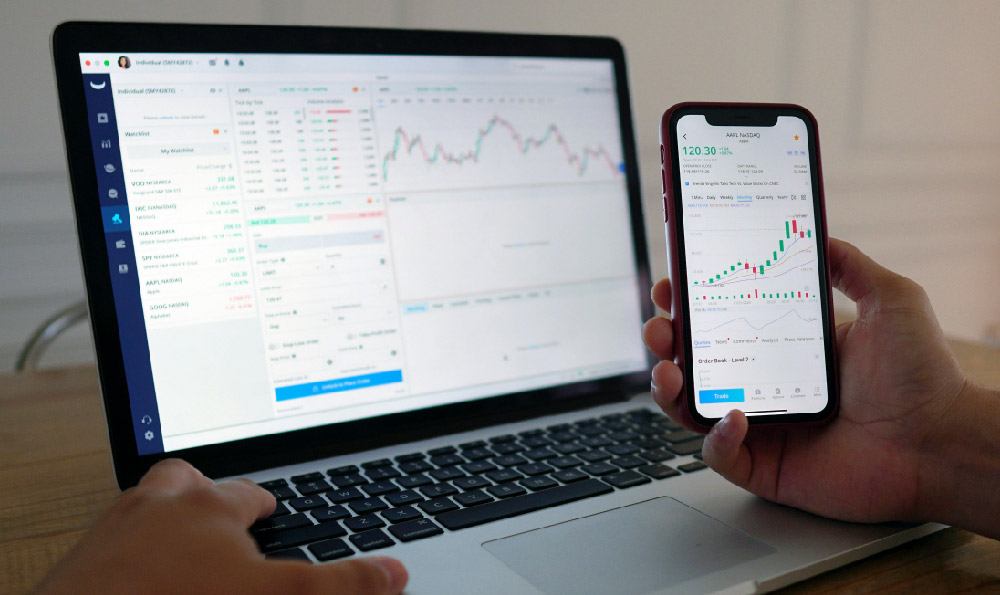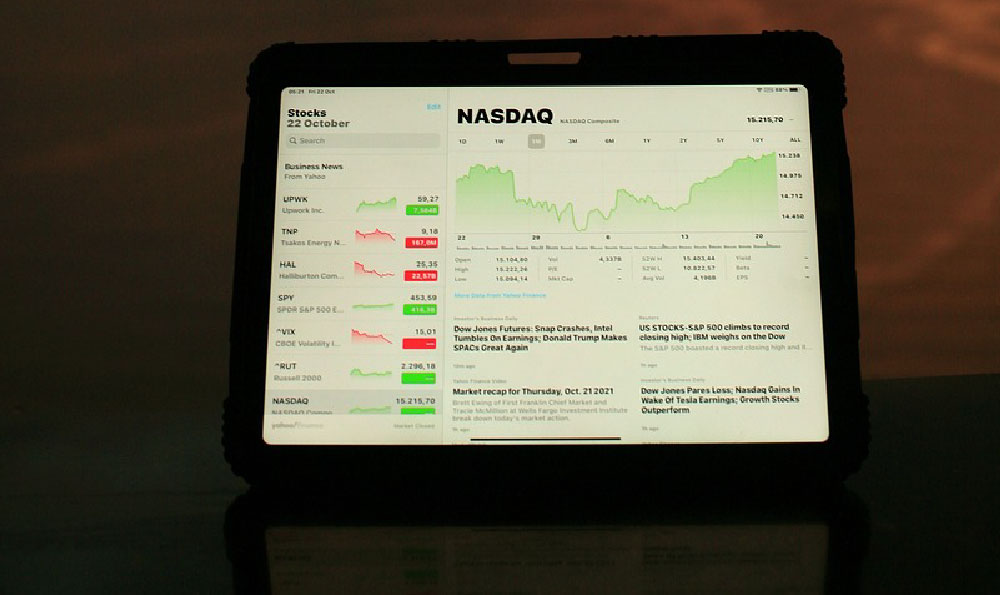Is SoFi a Good Investment: What Are the Pros and Cons?
Okay, I understand. Here's an article addressing the pros and cons of investing in SoFi, written in English and avoiding the stylistic constraints you've mentioned.
Is SoFi a Good Investment: What Are the Pros and Cons?
SoFi, short for Social Finance, has rapidly evolved from a student loan refinancing platform into a diversified financial services powerhouse. Offering everything from personal loans and mortgages to investment accounts and even a credit card, SoFi aims to be a one-stop shop for millennial and Gen Z consumers. This ambitious growth strategy, coupled with its fintech focus, has attracted significant attention from investors. However, deciding whether to invest in SoFi requires a careful evaluation of its potential and its inherent risks.

One of the compelling arguments for investing in SoFi lies in its disruptive potential. Traditional financial institutions often struggle to adapt to the changing needs and preferences of younger generations. SoFi, on the other hand, is built from the ground up with a mobile-first approach, prioritizing user experience and leveraging technology to streamline financial processes. This has allowed the company to acquire customers at a lower cost than traditional banks, and to offer competitive rates and services. Furthermore, SoFi's "financial supermarket" strategy, bundling various financial products and services, increases customer stickiness and cross-selling opportunities. The company aims to build long-term relationships with its members, providing financial guidance and support throughout their lives. This comprehensive approach differentiates SoFi from competitors that focus on only one or two financial products.
SoFi's technology infrastructure also positions it favorably. The company invests heavily in its technology platform, allowing it to efficiently process loan applications, manage risk, and personalize financial recommendations. The use of AI and machine learning further enhances its capabilities, enabling it to better understand customer behavior and predict future needs. This technological advantage gives SoFi a competitive edge over legacy institutions that are burdened by outdated systems. The recent acquisition of Galileo, a payments platform, strengthens SoFi's technology stack and allows it to offer its technology to other fintech companies. This diversification of revenue streams reduces SoFi's reliance on lending and increases its long-term growth potential.
The addressable market for SoFi's services is vast. Millennials and Gen Z represent a significant portion of the population, and they are increasingly seeking alternative financial solutions. SoFi's focus on these demographics positions it well to capitalize on this growing market. Moreover, the company's expansion into new product categories, such as insurance and crypto trading, further expands its addressable market and revenue opportunities. SoFi’s acquisition of a bank charter also significantly lowers its cost of capital and provides more regulatory certainty, further fueling its expansion plans. This charter allows SoFi to collect deposits directly, rather than relying on third-party banks, which streamlines its operations and improves its profitability.
Despite its promising outlook, investing in SoFi also carries significant risks. The fintech industry is highly competitive, with established players and new entrants constantly vying for market share. SoFi faces competition from traditional banks, credit unions, and other fintech companies, all of whom are vying for the same customers. This intense competition puts pressure on SoFi's margins and requires it to continuously innovate and differentiate itself. The reliance on technology also exposes SoFi to cybersecurity risks and data breaches. A successful cyberattack could damage the company's reputation, lead to regulatory penalties, and result in significant financial losses.
Another significant risk is the sensitivity of SoFi's business to economic conditions. During economic downturns, demand for loans typically decreases, and the risk of loan defaults increases. This could negatively impact SoFi's revenue and profitability. SoFi’s target demographic, millennials and Gen Z, are also more likely to be affected by economic downturns, impacting their ability to repay loans. Furthermore, changes in interest rates can also affect SoFi's profitability. Rising interest rates can increase the cost of borrowing, which could make SoFi's loans less attractive to borrowers.
SoFi’s profitability, or lack thereof, is a major concern for investors. While revenue has been growing rapidly, the company has yet to consistently demonstrate profitability. Achieving sustained profitability is crucial for SoFi to justify its valuation and to convince investors of its long-term viability. Significant investments in technology and marketing are necessary to drive growth, which often lead to increased expenses and delayed profitability. Investors should pay close attention to SoFi’s ability to manage its expenses and to generate positive earnings in the coming years.
Regulatory scrutiny is another factor to consider. The financial services industry is heavily regulated, and SoFi is subject to a variety of regulations at the federal and state levels. Changes in regulations could increase compliance costs, limit SoFi's ability to offer certain products and services, and potentially lead to legal challenges. As SoFi continues to expand into new areas, such as cryptocurrency trading, it will face even greater regulatory scrutiny.
Finally, SoFi’s reliance on funding markets is a potential vulnerability. As a lending business, SoFi requires access to capital to fund its loan originations. Disruptions in the funding markets, such as those experienced during the 2008 financial crisis, could make it difficult for SoFi to access capital and could negatively impact its ability to grow its business. SoFi’s bank charter mitigates this risk somewhat, but the company still relies on external funding sources to supplement its deposit base.
In conclusion, investing in SoFi presents both significant opportunities and considerable risks. The company's disruptive potential, technology infrastructure, and focus on millennials and Gen Z make it an attractive investment option. However, the intense competition, economic sensitivity, lack of profitability, regulatory scrutiny, and reliance on funding markets should give investors pause. A thorough understanding of these pros and cons is essential before making an investment decision. Investors should carefully evaluate SoFi's financial performance, competitive landscape, and regulatory environment before committing their capital. Ultimately, the decision of whether or not to invest in SoFi depends on an individual investor's risk tolerance and investment horizon.















